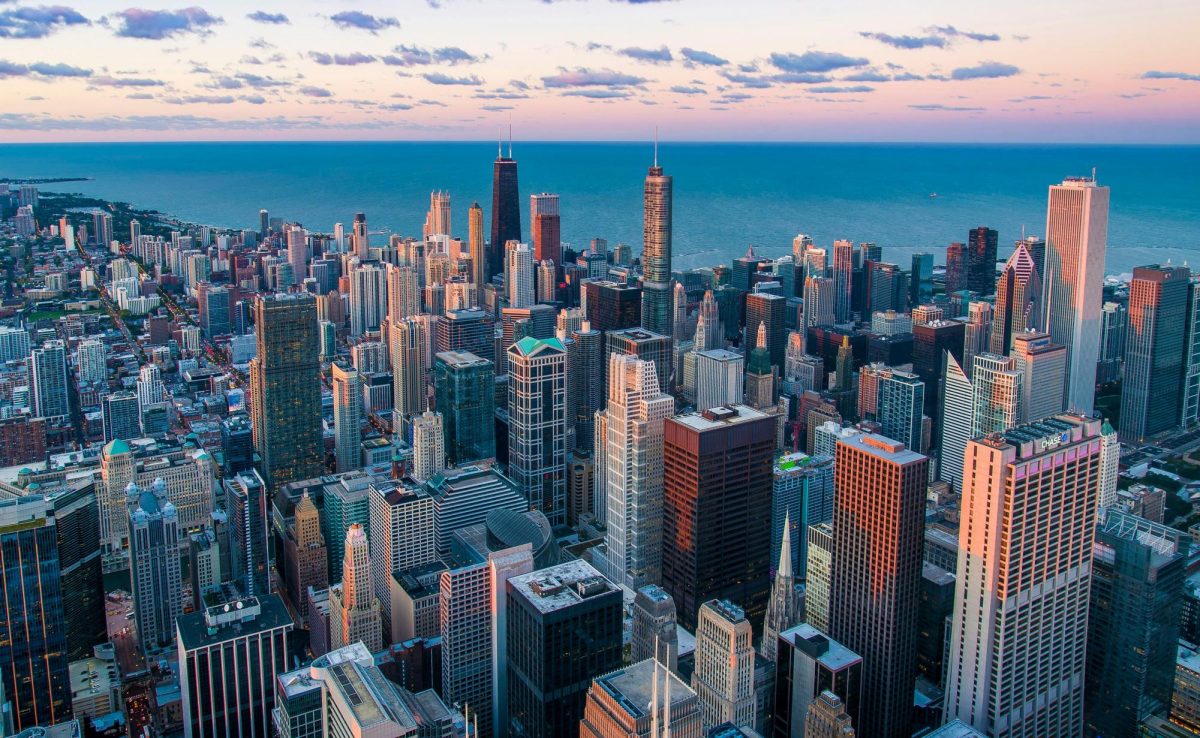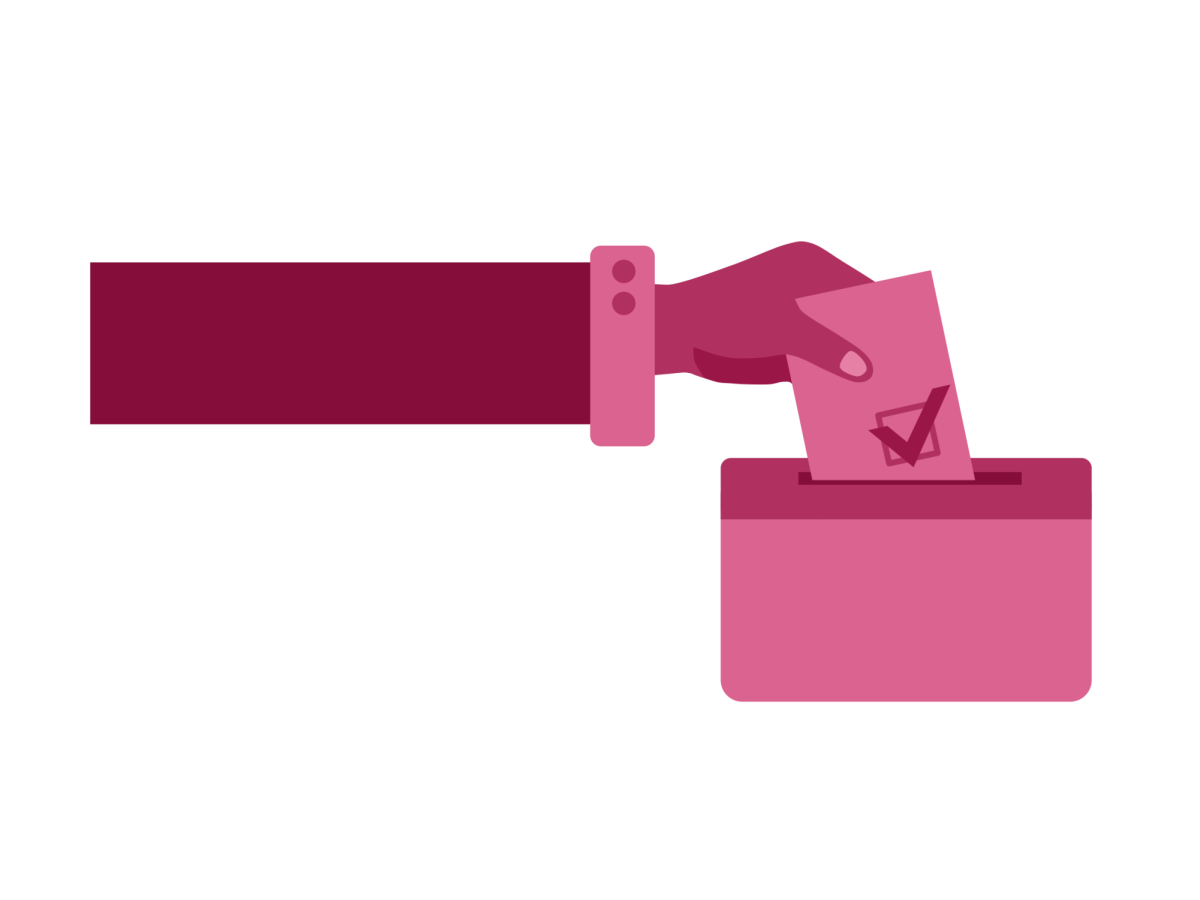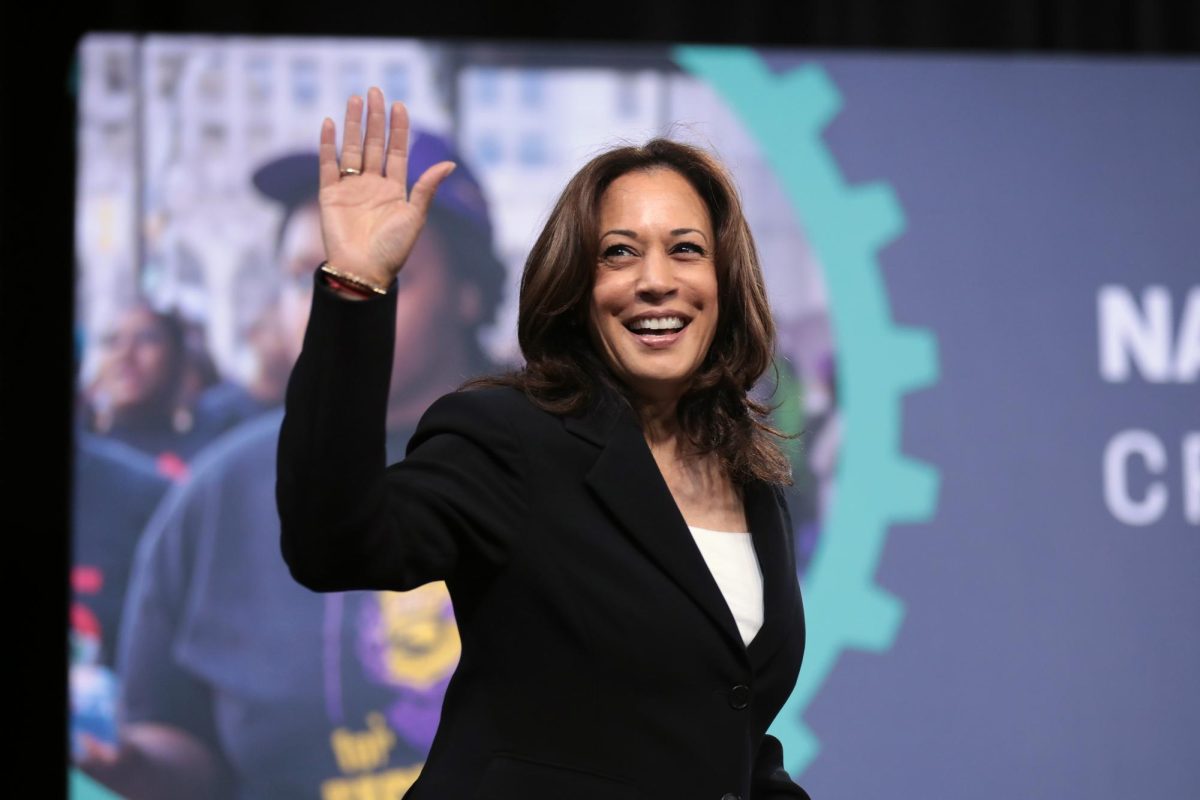
Thursday, Aug. 24 marked a significant moment in American history; a close-up image of Donald Trump’s scowling face went viral, becoming the first mugshot ever taken of a former president. Trump, along with 18 others, has been charged with felonies for his involvement in attempting to overturn the 2020 presidential election results in Georgia, according to NBC News. Just a couple of months before the indictment, former Hollywood producer Harvey Weinstein was charged with 16 years of prison for rape, added to his previous 23 year prison term received three months earlier for rape and sexual assault. While Trump and Weinstein are being held accountable for their actions, their status as high-profile individuals has made the path to accountability all the more complicated to navigate.
Both Trump and Weinstein’s battles in court have had tremendous impacts on the general public. Trump’s indictment not only marked his downfall but many others as well, including former Justice Department official Jeffrey Clark, former White House Chief of Staff Mark Meadows, and Trump’s lawyer, Rudy Giuliani. According to the Citizens for Responsibility and Ethics in Washington (CREW), an organization dedicated to accountability, Trump’s offenses include depriving Georgia of a fair election, tax, bank and insurance fraud and withholding of Ukraine aid for political gain to name a few. Trump’s law case has brought to light the offenses he committed while in office, showing that accountability for a former president is possible.
Over the decades, Weinstein has faced public accusations from over 90 women, alleging incidents of rape, sexual assault, or sexual harassment, according to The Guardian. The recent cases against him have shown the public that sexual misconduct can be prosecuted, even when the perpetrator is in a high position. According to Human Rights Watch, the accountability that Weinstein faced for his actions encouraged sexual assault survivors to speak out, sparking the #MeToo movement that amplified public discourse and activism to end sexual violence all around the world.
Although Trump and Weinstein are facing consequences for their actions now, the question remains: How did they get away with it for so long? Even before his presidency, Trump had been accused of sexual misconduct, housing discrimination and harassment.
Journalist David A. Graham for The Atlantic explains that Trump was often able to avoid charges with his significant capital.
“A pattern emerged of Trump managing to sidestep serious legal consequences by paying fines to dispose of regulatory headaches, civil lawsuits, and other matters, frequently without having to admit guilt or submit to any other penalties,” Graham said. “Many of the cases involved corners cut or laws bent to benefit his business.”
Similar to Trump, Weinstein used his power and popularity in the Hollywood industry to sexually assault and terrorize women for decades with no repercussions. Weinstein created a culture in which movie roles and endorsements were earned through sexual favors and speaking against him would ensure a loss of those opportunities, according to The Hawk Newspaper.
Ken Auletta, author of “Hollywood Ending: Harvey Weinstein and the Culture of Silence,” explains that Weinstein was immune to consequences because of the expectations of sexual misconduct in the movie industry.
“His secrets also stayed secret because, in the movie business, abnormal male sexual aggression was thought to be common, fit for private whispers but not public shame,” Auletta stated in his novel. “This was Hollywood’s culture of silence.”
These cases emphasize the complexity of applying accountability to individuals in influential positions. Trump may have been indicted for his involvement in the attempted overturning of the 2020 elections, but 74% of Republicans say that they would support him in the 2024 election, according to PBS News Hour.
Although Weinstein is serving a life sentence for his assault, only 6 in 1,000 reported rapists will see jail time, according to the Rape, Abuse & Incest National Network. The road to accountability is paved with challenges, but these two cases signal that even those with power can be brought to justice.









